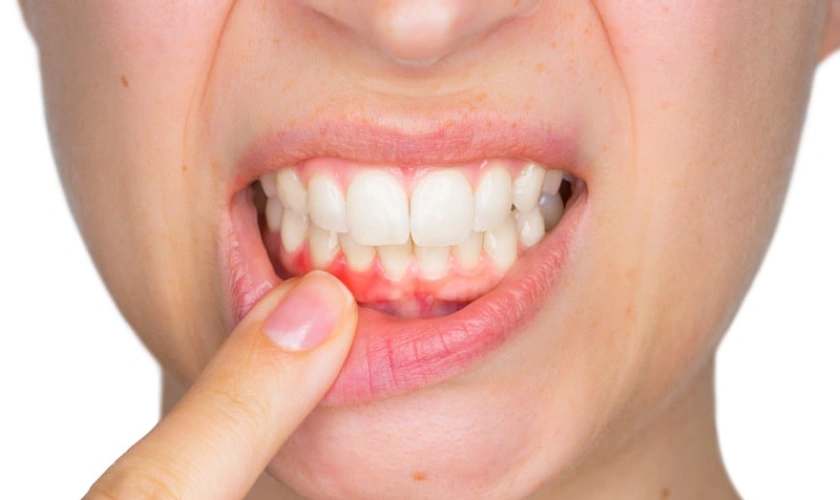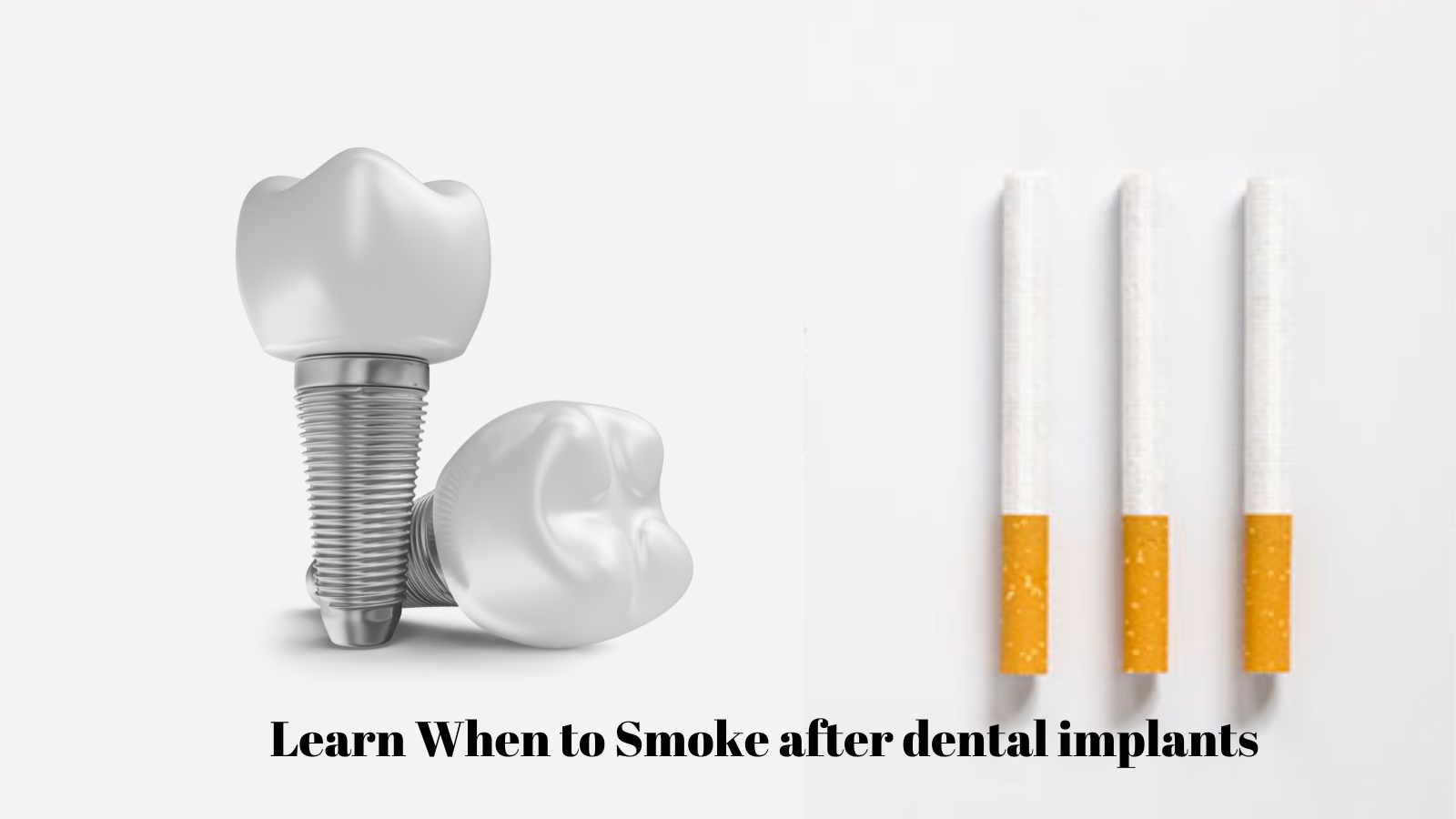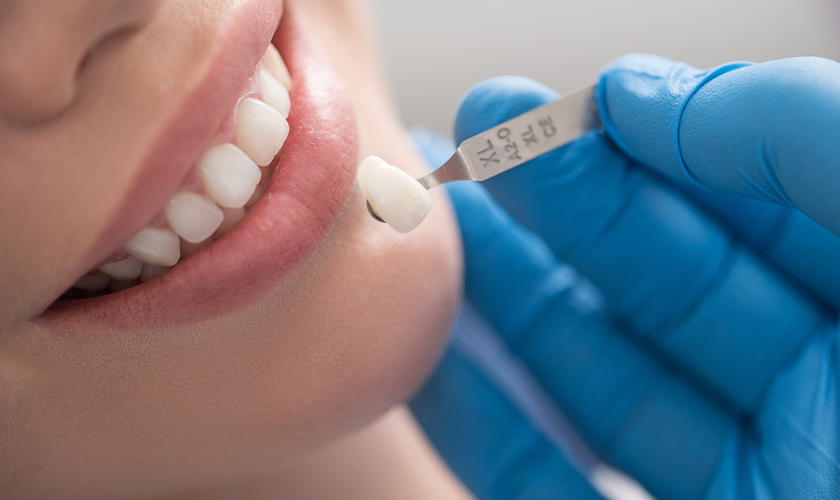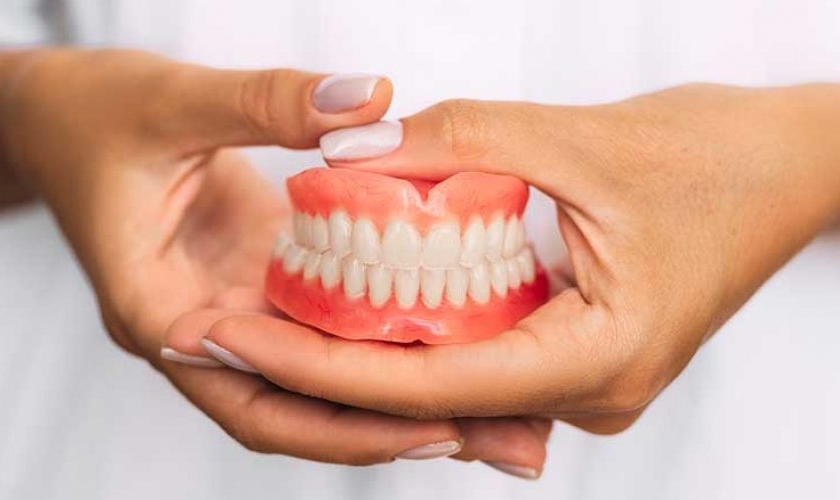
Bleeding gums are frightening, but more often than not, it’s a normal indication of gum disease or some other dental ailment. If you’ve seen blood on your toothbrush or in your mouth when you eat, you must be vigilant to take care of it before it turns into a complicated oral issue. This blog will explore why your gums may bleed and why a trip to the dentist near you in Pittsburgh might be the smartest thing you can do for your dental health.
Why Do Your Gums Bleed?
Gum bleeding typically occurs when plaque builds up along the gum line. Plaque, a sticky film of bacteria, can lead to an infection called gingivitis. Gingivitis is an early stage of gum disease and is usually reversible with proper dental care.
A few common causes of bleeding gums include:
- Gingivitis: This is a mild type of gum disease that results when plaque builds up on your teeth and makes your gums sore and inflamed.
- Periodontitis: If gingivitis is left untreated, it can lead to periodontitis, a more severe type of gum disease. Periodontitis leads to gum loss and, if untreated, loss of teeth.
- Brushing Too Hard: Brushing with a hard-bristled toothbrush or brushing too hard can make your gums bleed.
- Hormonal Changes: Pregnancy, menstruation, and menopause can all influence your gums so that they are more prone to bleeding.
- Medications: Medications like blood thinners can lead to frequent gum bleeding.
What Can You Do at Home?
Although bleeding gums usually indicate an underlying problem that necessitates treatment under a dentist near you in Pittsburgh, there are some things you can do at home to alleviate the situation:
- Brush Gently: Brush using a soft-bristled toothbrush and do not brush too hard.
- Floss Daily: Flossing removes food particles and plaque between your teeth that can cause further irritation.
- Use an Antibacterial Mouthwash: An antimicrobial mouthwash can kill bacteria in your mouth and heal it.
- Stay Hydrated: Staying hydrated by drinking lots of water can keep your mouth clean and healthy.
When Should You Visit a Dentist near You in Pittsburgh?
If your gums continue to bleed despite taking good care of your oral hygiene, it’s time to consult with a dentist. Even if the bleeding is mild, seeing a professional is crucial for identifying the root cause and preventing further complications.
A dentist will be able to:
- Diagnose the Underlying Cause: Whether gingivitis, periodontitis, or another issue, your dentist will identify the source of bleeding and create a treatment regimen specific to your situation.
- Professional Cleaning: A professional cleaning by your dentist can remove plaque and tartar accumulations that you are unable to remove at home. This helps prevent further gum disease.
- Provide Treatment Options: Based on the extent, your dentist might suggest treatments like scaling and root planing to address gum disease or even antibiotic treatment to control infection.
Why Choose the Best Dentist in Pittsburgh?
It is important to find the correct dental care in order to treat conditions such as bleeding gums. A good dentist will offer tailored care based on long-term oral health. By selecting the best dentist in Pittsburgh, you can be confident that any gum problem is being treated with utmost seriousness and urgency.
Regular cleanings and check-ups play a crucial role in avoiding severe oral health issues. Your dentist won’t just fix existing problems but also advise you on healthy gum maintenance in the future. Having a solid foundation of gum health will ensure the overall oral health of your mouth and avoid more mouth issues down the line.
Bleeding gums are an indication that something is amiss, but if one obtains proper care, most gum conditions can be turned around. If you’re finding yourself with bleeding gums, don’t brush it off. See a dentist in your area of Pittsburgh for the right care and guidance. Healthy gums are crucial to having a pretty smile and optimal oral health. Schedule your appointment now and start on the path to improved gum care.





